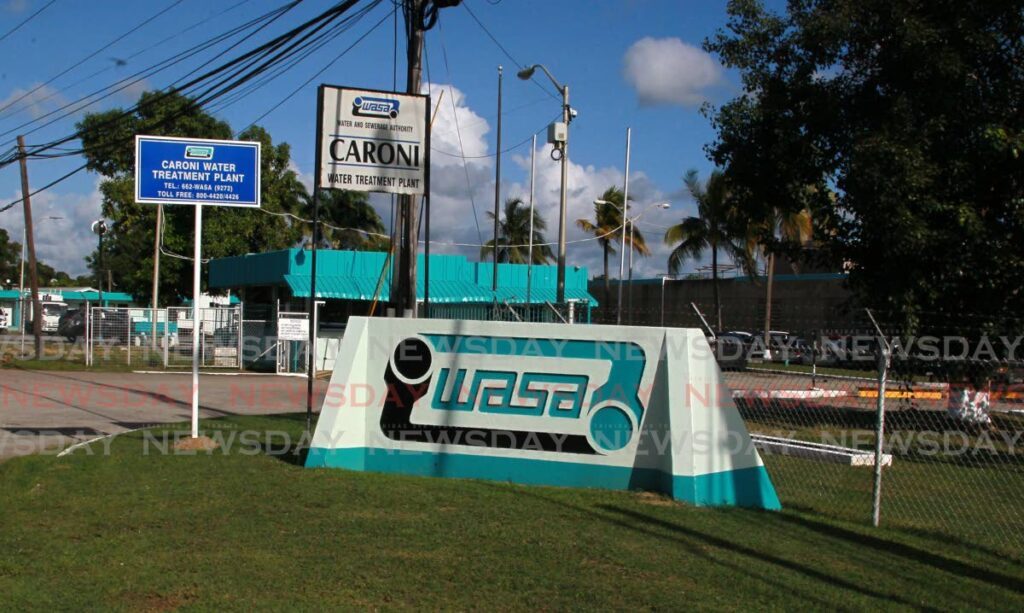The Desalcott issue

TT is not by any means a water-scarce country. Yet in recent times, we have been experiencing water "outages" that convey the impression of dire scarcity. And the Water and Sewerage Authority (WASA) does not appear to be making much headway in improving things, come rain or shine.
About 100,000 WASA customers in the East-West Corridor experienced shortages last November after bad weather and high river levels caused disruptions. Then, a few weeks ago, 200,000 consumers were affected in an incident linked to damage to a 48-inch transmission line. And now, over the weekend, issues at an independent desalination plant at Point Lisas have been blamed for dry taps.
What is going on?
While there has not exactly been a flood of detail relating to the “voltage dip” at the heart of the latest water cuts, the incident returns to the spotlight the role of Desalcott in our water infrastructure, a role which is overdue for review.
Desalcott, a subsidiary of the Hafeez Karamath Ltd Group, emerged in 1999, when it was envisioned as a supplier of water to industrial facilities. Today, the company, alongside the Seven Seas Water Group, accounts for about 19 per cent of the country’s potable water supply. Half of Desalcott’s water now goes to WASA, which has no direct control over it, for distribution in central and south Trinidad.
Despite our supposed lack of water scarcity, pressures have clearly been mounting on the overall supply, and this Desalcott arrangement, which costs WASA about $500 million annually, has increasingly resulted in tensions.
Before Christmas last year, Public Utilities Minister Marvin Gonzales asked the company to reschedule a planned shutdown of its Point Lisas plant for maintenance. The ten-day exercise proceeded, even after widespread flooding, much to Mr Gonzales’ disappointment.
In April, the company said high algae concentrations at its intake plant were causing low pressure. WASA later announced Desalcott had cut back production, drying up ten million gallons from its daily production of 40 million.
With a tariff review by the Regulated Industries Commission (RIC) pending, it is tempting to think all these travails might make the chance of higher water bills unlikely. The minister ordered WASA this week to supply truck-borne water free.
The picture is more complex, however. WASA continues to suffer from high levels of water waste. Climate change is causing more and more problems. And there is also the issue of the reduction in water quality over time.
In a situation like this, there may well be major capital expenditure ahead, expenditure that might push rates in the other direction.
The Desalcott issue is a reminder of how much more disruption might be in store if such investment is not imminent.


Comments
"The Desalcott issue"